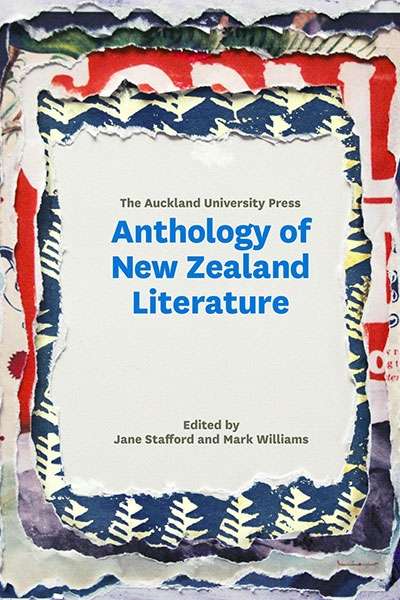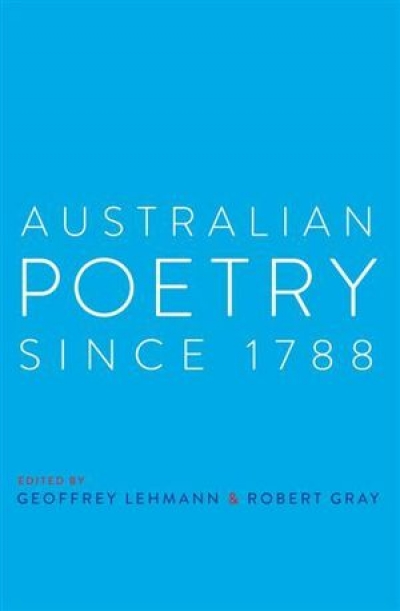Art of Poetry
The Auckland University Press Anthology of New Zealand Literature edited by Jane Stafford and Mark Williams
Who is Ozymandias?: And other puzzles in poetry by John Fuller
I first discovered Australian literature in Argentina. While I was there studying Argentinian literature at the University of Buenos Aires in 2009–10, I spent many nights hunched over the table in our dingy kitchen with one of my housemates, Teresa. We would pick over the politically infused vernacular of the short stories ...
... (read more)Australian Poetry since 1788 edited by Geoffrey Lehmann and Robert Gray
With 1086 pages of poems and critical biographies, Australian Poetry Since 1788 – the third anthology co-edited by Robert Gray and myself – is by far the largest anthology of Australian poetry to date, and at least twice the size of its predecessors. Perhaps controversially, it has fewer poets than many earlier anthologies, with only 174 named poets. But it covers the gamut of Australian poetry, including convict and bush ballads, translations of Aboriginal songs, humorous verse, concrete poetry, and generous selections of Australia’s major poets and of the younger contemporary poets. We have tried to be catholic, rigorous, and objective, while listening carefully (with our very subjective ears) to the many different voices from which we had to choose.
... (read more)'Hautes Fenêtres: Thoughts on the place of translation in recent Australian poetry' by Simon West
In a 1995 interview for the Paris Review, Ted Hughes was asked if the 1960s boom in translated poetry, particularly with series such as the Penguin Modern European Poets, had influenced poetry written in England. ‘Has it modified the British tradition!’ he replied. ‘Everything is now completely open, every approach, with infinite possibilities. Obviou ...
When I visited Bruce and Brenda Beaver in their Manly flat it was a sparkling day. The water of the Harbour was glittering, and the pines on the foreshore were stirring only slightly in the breeze. But, however soothing the weather, I was nervous. For me, Bruce Beaver is huge, a poet of the first order, and his extraordinarily difficult life, the periods of debilitating sickness and the various almost mythic stories that attach themselves to his history, all added up to make me feel very nervous indeed.
And his wife, Brenda had made it very clear that my being able to come to see him was a privilege. She protects him fiercely, with constant courage, and if I hadn’t read Bruce Beaver’s superb love poems to this woman, I would have been even more nervous when my companion and I knocked on their door.
... (read more)


